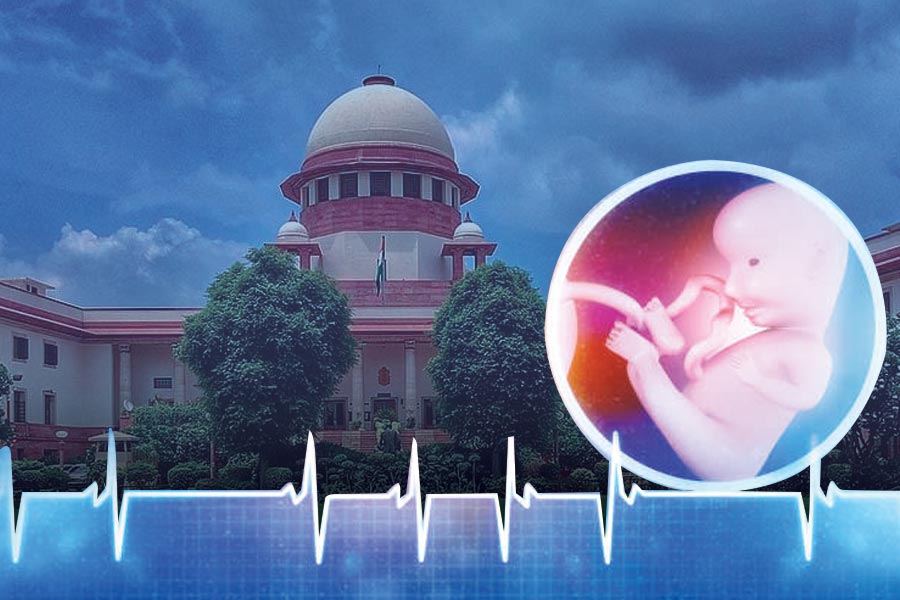Laws permitting pregnancies to be terminated medically did not evolve easily, perhaps because a woman’s health took some time to become visible to law-makers. The first nation to make elective and induced abortion legal was the Soviet Union, and China legalised it to enforce its one-child policy. Debates around the medical termination of pregnancy reveal assumptions, biases and beliefs, and are as important politically, in the United States of America for instance, as they are legally and socially. Neither are these debates easily quenched, as the divergent opinions of two honourable judges of the Supreme Court demonstrated at a recent hearing. India has one of the most progressive laws on elective abortion in the world, permitting it until 24 weeks according to the amendments made in 2021 to the Medical Termination of Pregnancy Act, 1971. Few countries allow legal abortion after that period, although, according to 2019 United Nations data, 98% of countries allow abortions sometime within that period, occasionally more, if the woman’s life is at risk. Lower percentages among countries permit abortion for reasons of physical or mental health, rape and foetal impairment, with social and economic reasons ranking lowest; the time limit for each differs too. India has the same time limit for all these reasons, which is remarkable.
Only 34% of countries, though, allow abortion on the basis of the woman’s request alone. In the present case, a woman has requested medical termination of her pregnancy at 26 weeks. She would be unable to look after a third child — her second child is a year old — because of health and financial reasons. The issue is more than legal, although her request comes after the legal limit has been crossed. Neither is it a question of medical safety — or even professional ethics — alone. One argument brings up the issue of a viable foetus whose heart must be stopped by court order. The other argument makes the decision of the petitioner and her interests the priority. Respecting the woman’s autonomy is in line with recent decisions of the Supreme Court, the highest representative of justice, yet it is also correct that the petitioner is two weeks late, legally speaking. It is a deeply human dilemma, calling for a humane solution. The most painful decision has been the petitioner’s, however; no solution can forget that.











